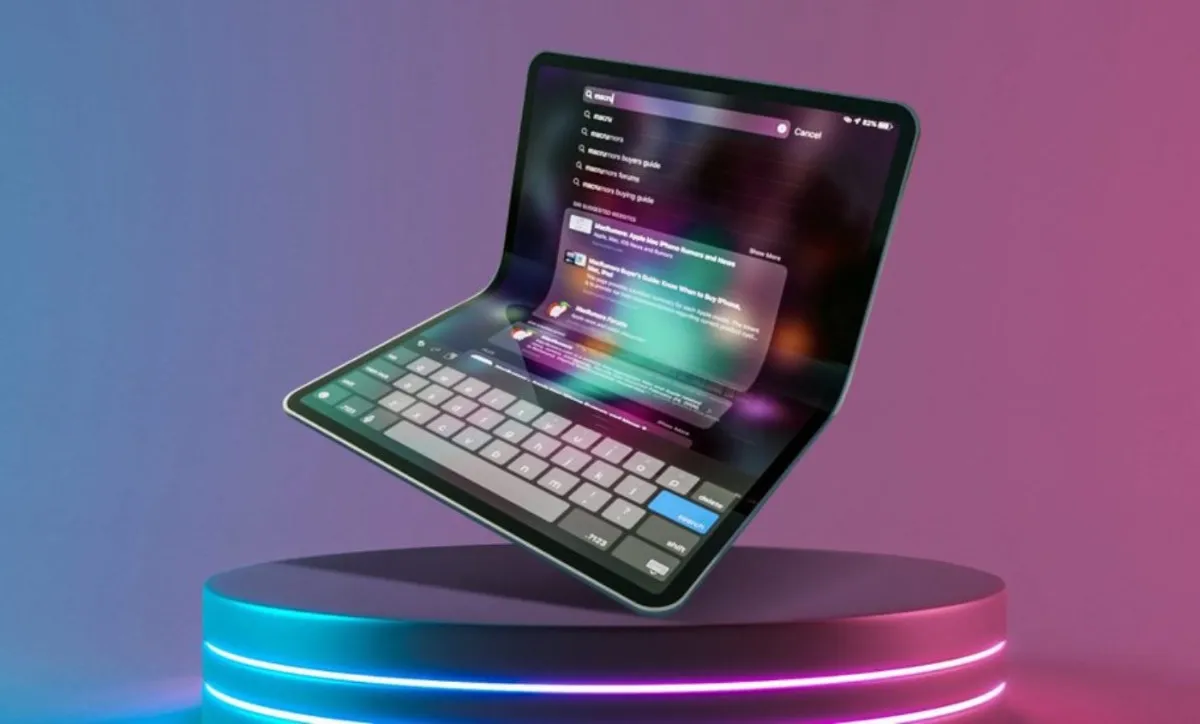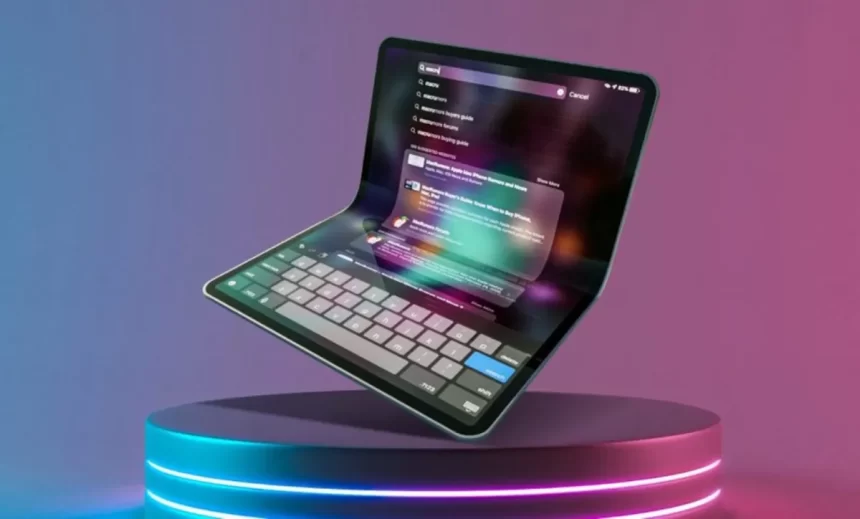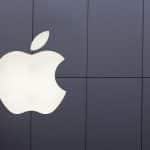Apple’s highly anticipated foldable iPad has reportedly hit major technical roadblocks, delaying its expected release to 2029 — a full year later than earlier forecasts. The next-generation tablet, said to feature an 18-inch display, is being developed in collaboration with Samsung Display. However, engineers are struggling to perfect the foldable screen’s durability and reduce visible creases.
According to Bloomberg’s report, Apple’s goal is to deliver a seamless, long-lasting folding mechanism similar in quality to the iPhone Fold, which is also still in development. Yet the larger display has introduced new engineering complications that are slowing progress.

Weight and Cost Pose Additional Setbacks
The challenges don’t stop at design. Apple’s current prototypes are reportedly much heavier than desired, weighing around 3.5 pounds — similar to a MacBook Pro. For comparison, the current iPad Pro weighs only about one pound. Engineers believe this weight can be reduced as development continues, but the issue remains a key obstacle.
Price is another concern. The foldable iPad could cost close to $3,000, roughly three times the price of the 13-inch iPad Pro. This positions it closer to high-end laptops than tablets, making it a luxury device rather than a mainstream one.
A Long-Term Vision for Foldable Technology
Apple’s pursuit of a foldable iPad isn’t new. The company has filed several patents over the years for hinge-based designs and flexible OLED screens. Some of these concepts blur the line between a MacBook and an iPad, even hinting at a dual-screen device with a virtual keyboard.
Despite setbacks, industry analysts believe Apple’s slow approach signals a desire to perfect the technology rather than rush to market. The company’s focus has temporarily shifted to finalizing the iPhone Fold, rumored to face its own hinge design challenges












